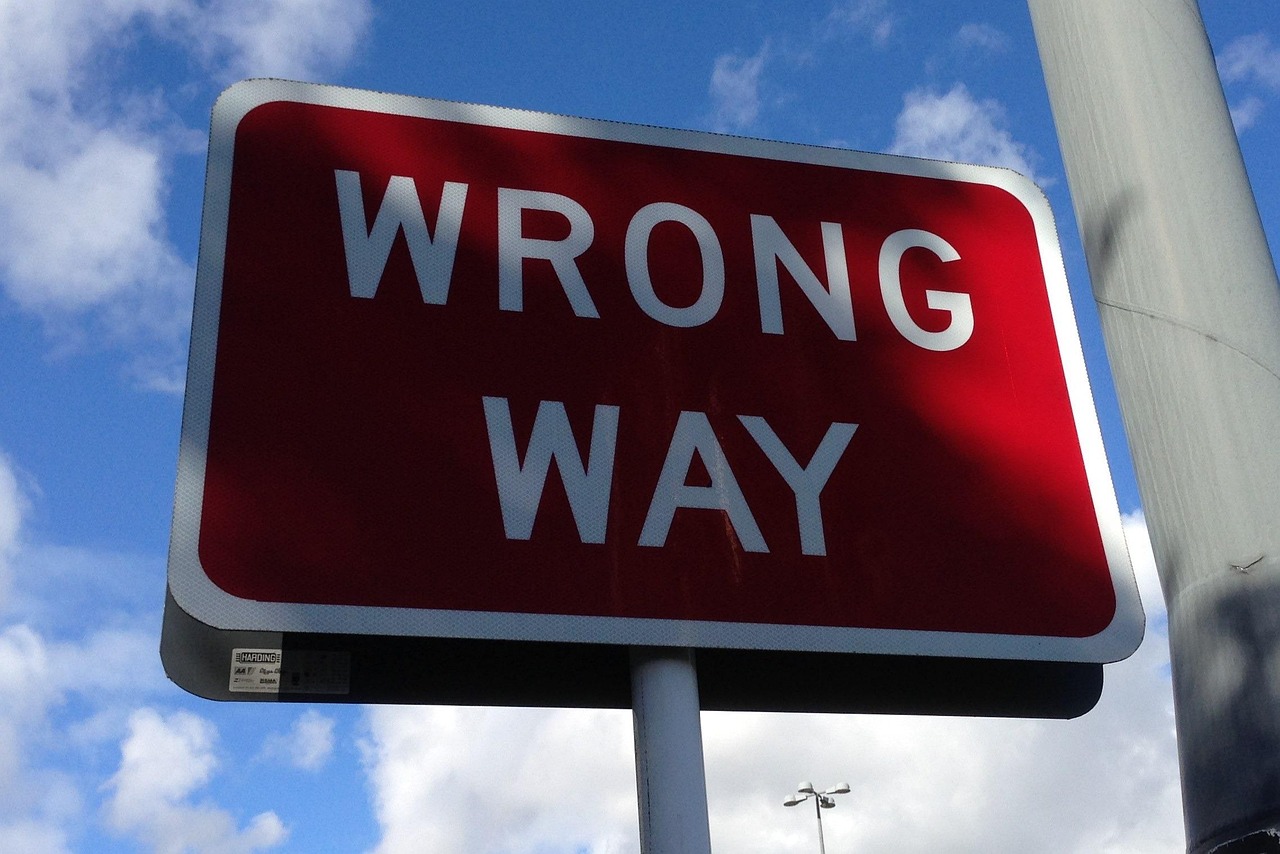
Dealing with Carer Guilt
I mentioned in a previous blog post that carers are often highly self-critical. Forssén et al. (2005) coined the term ‘compulsive sensitivity’ to describe how carer self-talk will often deprioritise their own needs, and blame the carer for any negative impact, or rebuke them if they seek to change the situation.
In this blog I want to talk about one of the things that underpins this self-talk: guilt. ‘Carer guilt’ is a perceived failure to provide sufficient care for the person cared for (Bennett, 2018). Specifically, guilt is a feeling that we get when we believe that we have taken actions or there is inaction that conflict(s) with our values (Brown, 2012). This is different from shame, which is where we feel worthless in ourselves rather than we feel awful about an action nor inaction. So, for example, if our child has a meltdown because of sensory overwhelm a shame response might be: “I’m an awful parent, I’m so useless”, whereas a guilt response might be “I can’t believe I didn’t pack the ear defenders. I failed to do this one thing, now we’re in a meltdown situation, and I feel bad because I didn’t remember/act as I would usually have done”. Brené Brown (2012) succinctly summarizes this difference as:
Guilt = (I think) I did something bad
Shame = (I think) I am bad.
We’re going to focus on this guilty feeling around action/inaction in this blog. Guilt among carers is particularly acute because there will often be things that are out of our control (e.g. institutional structures and limitations, the way society is organised around neurotypical experiences/an assumption of health and able-bodied access) and things that impinge upon our capacity to make things better for those we care for (our own tiredness, our inability to anticipate everything). Bennett (2018) argues that carers always believe that they should have done more, even though this guilt isn’t justified.
One approach to dealing with carer guilt:
Hopefully it’s been helpful to distinguish between guilt and shame and identify that guilt is linked to feeling bad due to action or lack of action (which then conflicts with ideas of being a good carer/parent).
This focusing in on action/inaction is important in the context of caring, because caring/parenting can become everything. Chenoweth et al (2016) report that carers are often not able to think about their own needs. The caring relationship can take over, and the carer as an individual can get lost in the relationship and the other person’s needs. There’s lots of research on how carer’s/parent’s wellbeing is directly affected by the wellbeing of the person they care for: if a child or a partner is ill or has a bad experience the carer can also experience this. Thus because caring/parenting is so crucial to the very fibre of our being, if we feel we make a mistake through action or in action this can have a profound psychological/wellbeing impact on us.
With this in mind I’m going to explore/adapt some ideas from Norman et al (2014), which they used (as part of a sustained programme) to support guilt reduction (in a therapeutic setting). (I think these ideas can be helpfully adapted, and that carers/parents out of many possible groups of people might need some help with guilt reduction!).
Firstly, having identified that guilt relates to bad feelings around action/inaction that make us feel bad as a parent carer, one thing we can do is identify where we are going into a negative thinking spiral around “I should have done…”, “I shouldn’t have…”.
It’s very easy to get into this self-recriminatory spiral, but it doesn’t always help us.
Instead, we can start to deconstruct what we are taking responsibility for.
Norman et al (2014) suggest a common thing that people do is to believe that we had information at the time of an incident/mistake. Actually, in most cases we have that information later with hindsight. A good exercise here is to ask ourselves what information we had to work with at the time (and what information came later). This can help us to shift from “I should/n’t have….” to “I wish I had known X….”.
Secondly, we can make a distinction between intentionally setting out to cause harm and an unintended mistake occurring. It’s important to acknowledge this because although we may have made a mistake, it wasn’t with malicious intent, we were being human. This can then take some of the edge of our self-recrimination.
Finally, as Norman et al (2014) and Brown (2012) point out, guilt can actually be a helpful feeling because it can highlight where what has happened doesn’t fit with our values. It can help us see that we want to make meaningful change and do things differently going forwards. So we can ask ourselves: what have I learnt from this experience? If I find myself in the same situation again, what will I do differently?
If this post has resonated with you and you want to find ways to deal productively with your carer guilt, please reach out to us at info@careforyoucoaching.co.uk.
